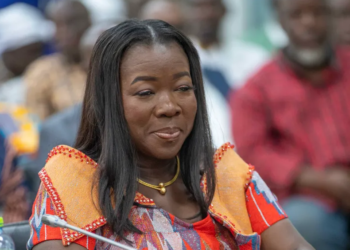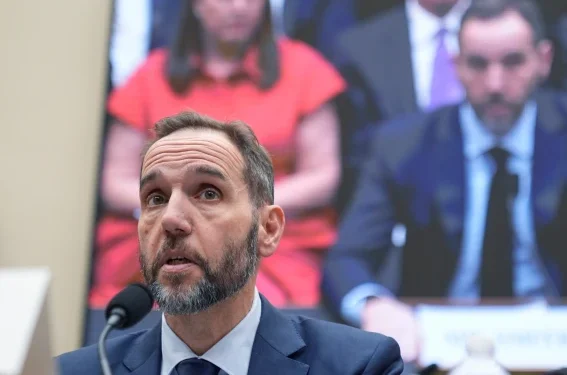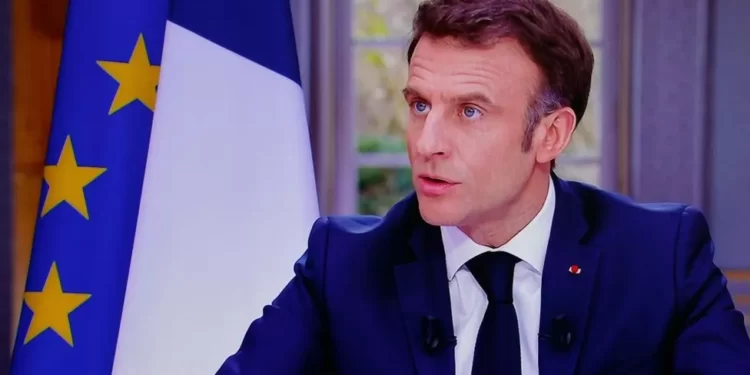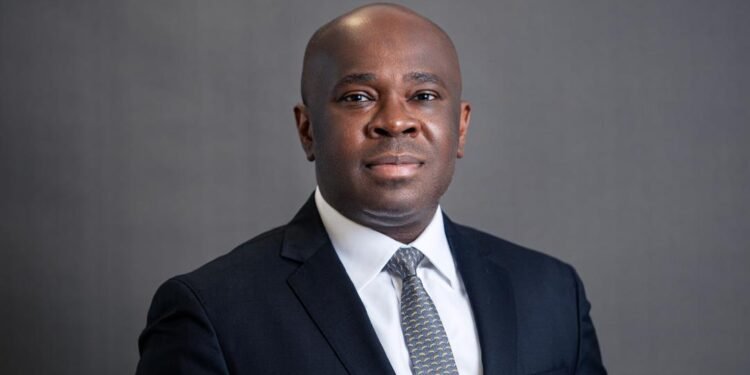Chief Executive Officer of the Ghana National Chamber of Commerce and Industry (GNCCI), Mark Badu Aboagye, has expressed the need for government to consider fiscal policies in supporting the monetary policies in the country.
According to him, once the Bank of Ghana continue to increase monetary policy rates, Ghana’s inflation rate will increase. He explained that from the beginning of the year, the bank has increased the monetary policy by 10%. As such, “if there is a way that the policy would have resolved inflation, we would have had that effect now”.
“Let’s look at the fiscal policies to support the monetary policies. In fact, if we continue to do this, we may not be able to achieve the intended purpose of reducing inflation until we decide that the fiscal policy must complement the monetary policy.”
Mark Badu Aboagye
Mr Aboagye indicated that the recent monetary policy measures taken by the Bank of Ghana will equally not produce the desired result of reducing inflation. He stated that the country’s inflation is as a result of supply issues and thus employing monetary policies to control the inflation is rather a wrong move.
The GNCCI CEO concerted that for every macroeconomic policy, there are always trade-offs. However, they need to look at the bigger picture and the effect on the economy.
“I believe that the inflation we’re having now of which we are using the monetary policy to control is more of supply side. And you cannot actually use monetary policy to control inflation or target inflation that is coming from the supply side. Now, if part of the inflation is imported, if you’re increasing monetary policy of which people will not even have the money to buy the product, it won’t solve that problem.”
Mark Badu Aboagye
Impact of monetary policy on goods
Mr Aboagye noted that when one considers the cost of duties at the port, even though the actual costs have remained the same, due to depreciation, people are paying more for goods that are coming in. He highlighted that such importers will end up adding it to the cost and that will push up inflation.
“You can’t control that with monetary policy. If you look at fuel, fuel prices are going up as a result of the depreciation of the cedi. You go to the market you’re buying fuel at GHC13 for diesel and almost GHC11 for petrol; you add it to the cost of production, it will go up. It’s not like we have money and we are chasing fewer goods, the monies are not there.”
Mark Badu Aboagye
His comments followed the Monetary Policy Committee (MPC) of the Bank of Ghana increasing the policy rate by 250 basis point to 24.5%.
The rate hike implies that it will become more expensive to borrow from the banks, a situation that will escalate the cost of living and doing business in the country further up.
READ ALSO: Bulgarian Embassy Demolition Report: Government Treated It Like A Nuclear Code- Ablakwa























